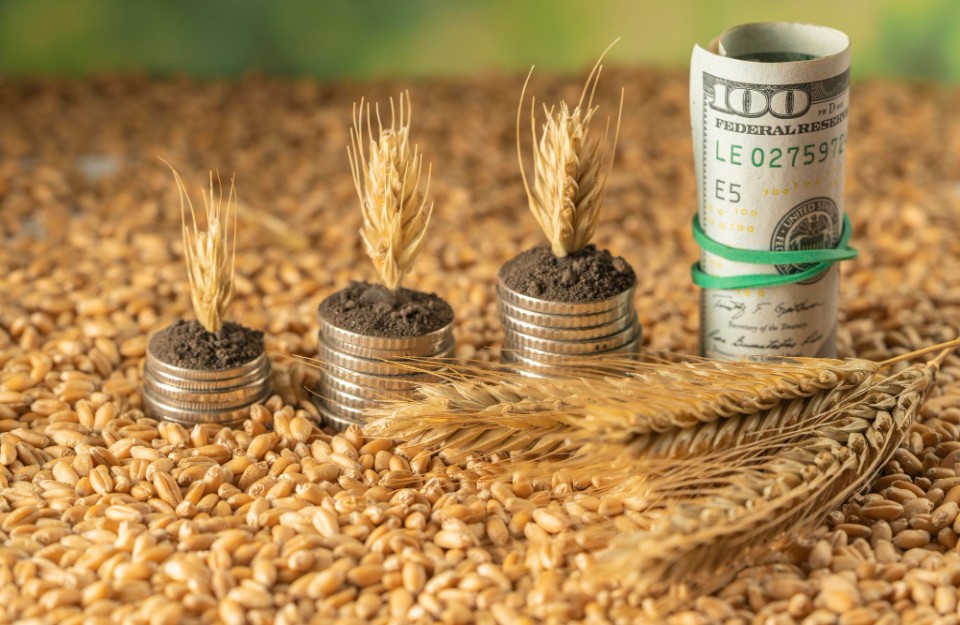
Rise in Wheat Price, Government Take New Steps
As of March 31, 2024, the average price of wheat in the country was Rs. 30.86 per kilogram. It is evident in the national agricultural market that wheat prices in many states of the country are higher than the MSP (Minimum Support Price). The central government has fixed the MSP for wheat at Rs. 2275 per quintal. There is an anticipation of wheat production exceeding demand. Despite the arrival of the new crop, wheat remains expensive. In such a scenario, the government has instructed wheat traders to continue announcing stocks to control inflation from April 1st onwards.
Fluctuations in Wheat Prices:
The government has announced an MSP of Rs. 2275 per quintal for wheat procurement, but there has been a fluctuation in wheat prices in the market. The market price of wheat is ranging from Rs. 2300 to 2350 per quintal. Moreover, there is an expectation of further increase in wheat prices in the coming days. The market price is higher than the MSP, making it difficult to achieve the target.
Farmers Delighted with Wheat Market Price:
This time, the market price of wheat is quite good. Farmers are getting a good price for selling wheat, enabling them to sell their produce to traders without any hassle. To get the weight of wheat production, farmers have to go through the hassle of visiting procurement centers and officials for many days.
Monitoring Wheat Stockpiling and Speculation:
The central government has mandated that all retail and wholesale wheat traders across the country must declare the status of their stocks on the official portal to detect instances of hoarding and speculation. It is imperative for traders to regularly and accurately disclose their stock holdings on the portal at https://evegoils.nic.in. The deadline for wheat stock limits for organizations in states and union territories expired on March 31, and these entities are obligated to disclose their wheat stocks on the portal.
Addressing Escalating Inflation and Food Prices: According to data released by the National Statistical Office this month, it has been observed that although the Consumer Price Index (CPI)-based inflation rate experienced a slight decrease from approximately 5.10% in January to 5.09% in February, there has been a surge in food inflation. It climbed from 8.3% in February to 8.7%.




















